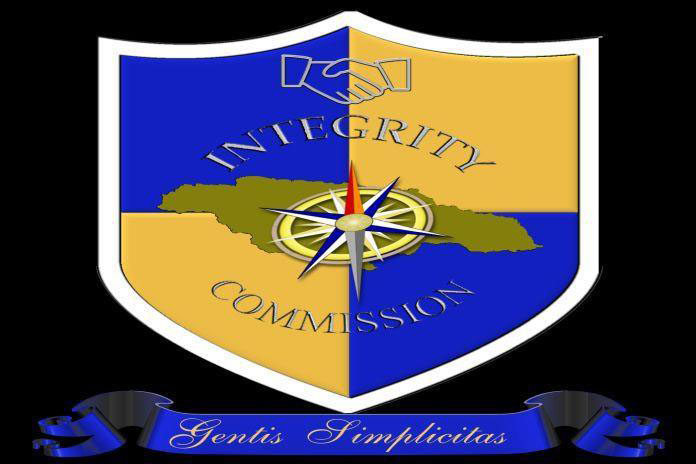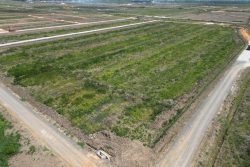Officials occupying high profile public sector positions in other Caribbean Community (CARICOM) territories will probably be paying more than peripheral interest in this week’s earlier media report that Jamaica’s Integrity Commission has initiated criminal prosecutions against two of the island’s public officials for alleged breaches of the country’s Corruption Prevention Act.
CNG media, on Tuesday, reported that Patrick James, who was then serving as a Senior Motor Vehicle Inspector (acting), employed with the country’s Traffic Authority, and Dr Gitanjali Baburam, who was then serving with the South East Regional Health Authority (SERHA), were placed before the Courts on Monday last in the Kingston and St Andrew Parish Court Criminal Division, in Half Way Tree.
In the instance of James, the report said, he was required to answer the charge of failing to declare in his Statutory Declarations of Assets, liabilities and income, his ownership of three motor vehicles, as is required under the law. Dr Baburam is being prosecuted for reportedly neglecting to file, “without reasonable cause,” Statutory Declarations for each declaration period from December 2012 to December 2017.
In the instance of James, his counsel sought leave of the courts “to peruse the documents in detail,” according to the media report and the matter is now set for a June 7, 2021 hearing.
In her instance, Dr Baburam entered a plea of guilty on all counts and the court is due to announce penalty on Monday June 7.
Matters of this nature are likely to attract a fair measure of public attention elsewhere in the Caribbean where instances of questionable practices by public officials have come to public attention and been the subject of media discourse, though official sanction is rare.
In the instance of Jamaica, Commission Chairman, retired justice Seymour Panton had, in the Commission’s 2019/2020 Annual Report, stated “public officials who are required to file statutory declarations are being warned by this means to comply, as failure to comply will result in prosecution. No individual public official or any category of public officials will be exempted from prosecution.”
Earlier this year the Commission’s Executive Director Greg Christie had reportedly warned that the Commission had struck a zero tolerance posture regarding compliance. He had reportedly said then that “there will be no exceptions,” warning at the same time that “laws are promulgated by the parliament to be complied with and enforced, not to be arbitrarily ignored, disregarded or set aside.” Such pointed warnings targeting would-be offenders are rarely if ever uttered in some other Caribbean countries, including Guyana, where it is widely felt that the transgression of laws governing asset declaration is commonplace.
The Integrity Commission was established by the Integrity Commission Act of 2017, and came into operation in February 2018. However, its Corruption Prosecution Division was not operationalised until late 2020, following the appointment into office of the Commission’s substantive executive team and the recruitment of prosecutors by the Commission.
The Prosecution Division is presently staffed by a nucleus of officers that is composed of its director, Prince, two senior prosecutors, one prosecutor, a legal secretary and a paralegal.
Accusations of inappropriate behaviour whilst holding public office have recently been made against a Cabinet Minister in the previous political administration as well as the head of a state agency in relation to their receipt of high-priced gifts purchased using public funds.








